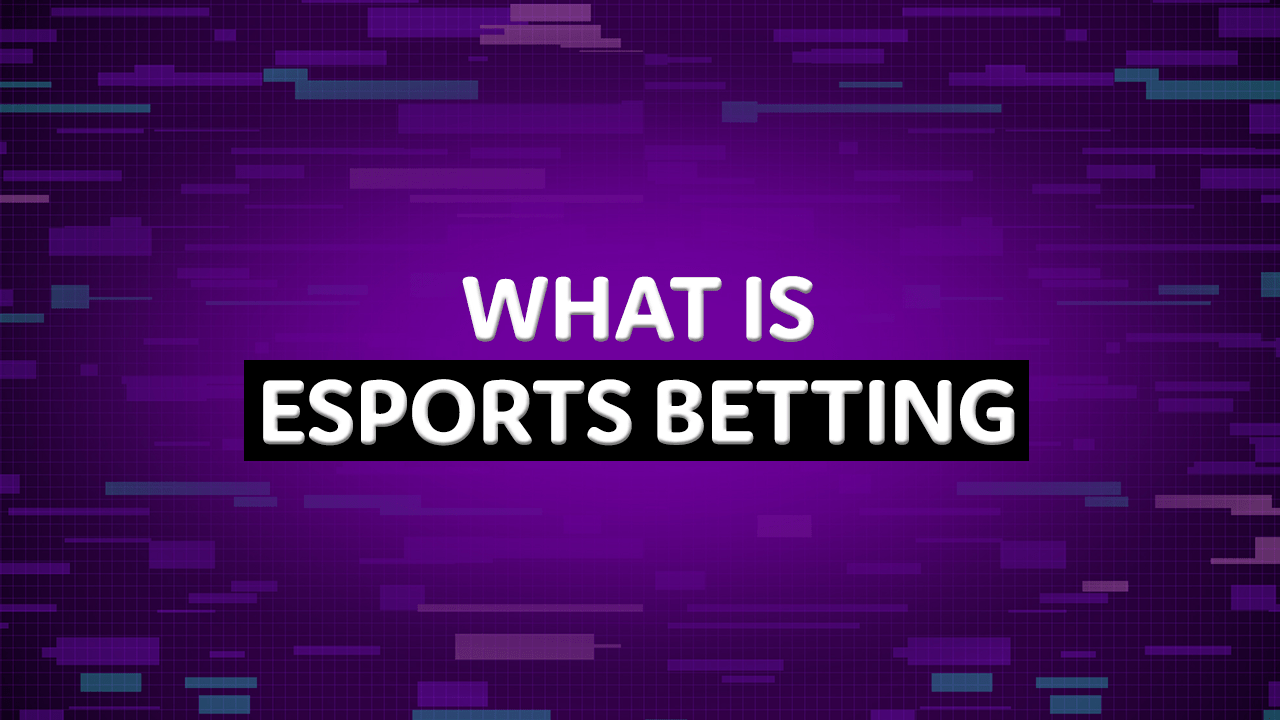The global Esports Betting market, despite its high growth and the constant emergence of new, niche operators, is a landscape defined by a powerful and ongoing trend of market share consolidation. This process, where a few massive, globally scaled operators capture a disproportionate share of revenue and profitability, is a defining feature of the broader online gambling industry and is particularly pronounced in the esports vertical. The dynamic of Esports Betting Market Share Consolidation is being driven by powerful economic forces, most notably the immense economies of scale in marketing and technology, and the high barriers to entry created by complex and fragmented regulatory and licensing regimes around the world. On the demand side, brand recognition and trust are paramount in a real-money industry, leading consumers to gravitate towards the largest and most well-known operators. On the supply side, the cost and complexity of competing across multiple jurisdictions favor the large, well-capitalized companies, creating a powerful "winner-take-all" or "winner-take-most" dynamic.
The primary mechanisms fueling this consolidation are a highly active M&A market and the operational advantages that come with scale. The large, publicly traded gambling giants have used a consistent M&A strategy as a core pillar of their growth, systematically acquiring smaller competitors to increase their market share, enter new geographic markets, or acquire new technology. The creation of global powerhouses like Flutter Entertainment through a series of mega-mergers is a prime example of this trend. This inorganic growth is complemented by the organic advantages that scale provides. A large operator like Bet365 or FanDuel can afford to spend vastly more on marketing and customer acquisition than a smaller rival. They can secure more favorable and exclusive partnership deals with esports leagues, and invest more in their proprietary technology platform, offering a faster, more reliable, and more feature-rich product. This creates a virtuous cycle where their superior product and stronger brand attract more customers, generating more revenue that can be reinvested to further widen their competitive moat.
The long-term implications of this market share consolidation are profound, shaping the entire structure of the global esports betting industry. For the industry itself, it leads to the creation of a global oligopoly, with a handful of massive, diversified companies controlling a significant portion of the regulated market. For smaller, independent operators, the strategic landscape becomes increasingly challenging. They must either find a highly defensible niche (e.g., focusing on a specific esports game, a particular betting feature, or a single geographic market where they have a local advantage), or they must build their business with the explicit goal of being acquired by one of the larger consolidators. For regulators, this consolidation presents a complex challenge, as they must balance the potential benefits of having a few large, well-resourced, and compliant operators with the risks of reduced competition. The Esports Betting market size is projected to grow USD 33 Billion by 2032, exhibiting a CAGR of 14.30% during the forecast period 2024 - 2032. The future market structure will likely continue on this path.
Top Trending Reports -






